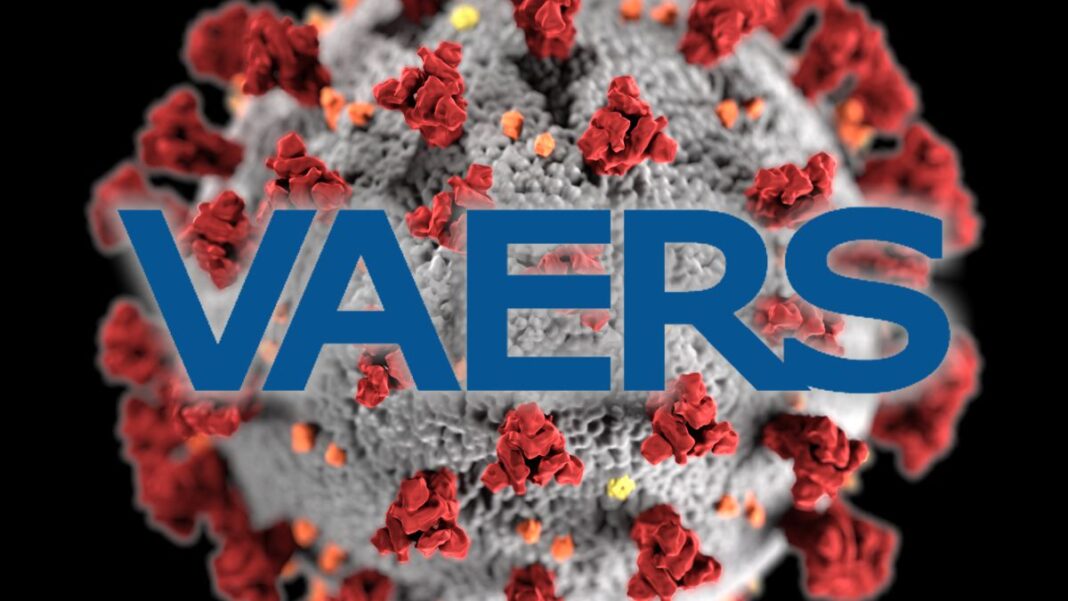
Vaccine experts are skeptical of agency’s reliance on Vaccine Adverse Events Reporting System, however. Study’s time period excludes nearly all minors.
Deaths following mRNA vaccination against COVID-19 represented 13 out of every 1,000 reports (1.3%) to the federal government’s Vaccine Adverse Events Reporting System (VAERS), the CDC’s Atlanta-based researchers said last week.
Another 66 reports out of every 1,000 (6.6%) were categorized as “serious,” resulting in “inpatient hospitalisation, prolongation of hospitalisation, permanent disability, life-threatening illness, congenital anomaly or birth defect,” according to their study published in The Lancet, the U.K-based medical journal.
VAERS is often dubbed a passive surveillance system because it accepts reports from anyone. The CDC previously told Just the News that most reports come from manufacturers or healthcare providers, who have mandatory reporting requirements.
But the researchers said they also consulted an “active” smartphone-based voluntary monitoring system, v-safe, created in 2020. The data show that “most reported adverse events were mild and short in duration,” with 18-49 year-olds representing a plurality (45%) and females a supermajority (75%).
Mainstream media uncritically ran with the CDC’s framing, with USA Today touting researcher David Shay’s assurance that the death rate was expected given the elderly population studied. About a quarter of reports were from ages 65 and up.
A large subset of young people was almost entirely excluded, however: minors.
The study only reviewed the first six months of emergency use authorization (EUA) for the Pfizer and Moderna vaccines, covering 340,000 reports and 299 million doses.
That time period ends just a month after Pfizer’s vaccine was authorized for 12-15 year-olds and predates its EUA for children 5-11, while Moderna’s vaccine remains unauthorized for anyone under 18. The study’s youngest age range is 16-17, representing 2% of all reports.
“Why the cut-off at six months? There are now data that extend for 14 months, and those data include children,” Robert Malone, the mRNA vaccine pioneer-turned-critic, wrote in his newsletter.
Health authorities worldwide have recognized young people, particularly males, as having a higher risk for heart inflammation following mRNA vaccination, especially after the second dose. That was the FDA’s rationale to indefinitely pause consideration of Moderna’s vaccine for adolescents.
By Greg Piper
Read Full Article on JustTheNews.com
Links
- The Lancet
- CDC previously told Just the News
- USA Today
- unauthorized for anyone under 18
- newsletter
- indefinitely pause consideration of Moderna’s vaccine
- Malone’s much longer list of relevant papers
- It adopted his view days later
- Vaccine Safety Datalink
- He raised eyebrows in recent months
- underreported by a factor of 20






